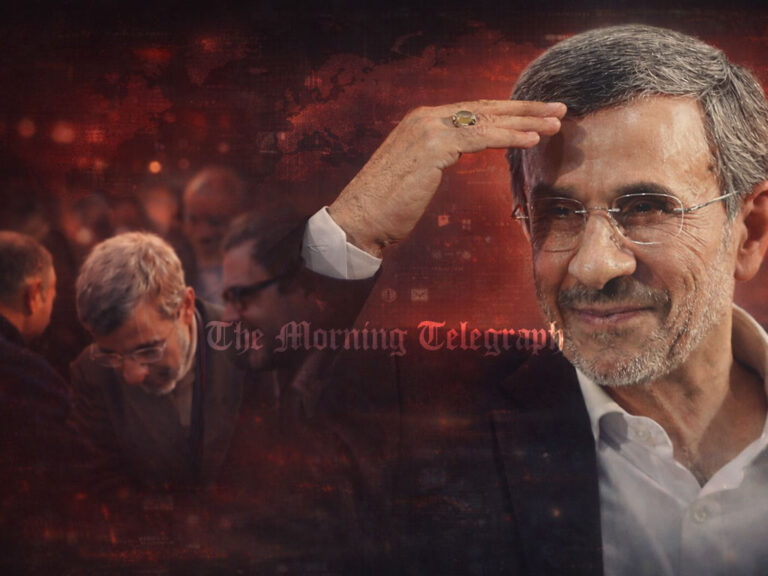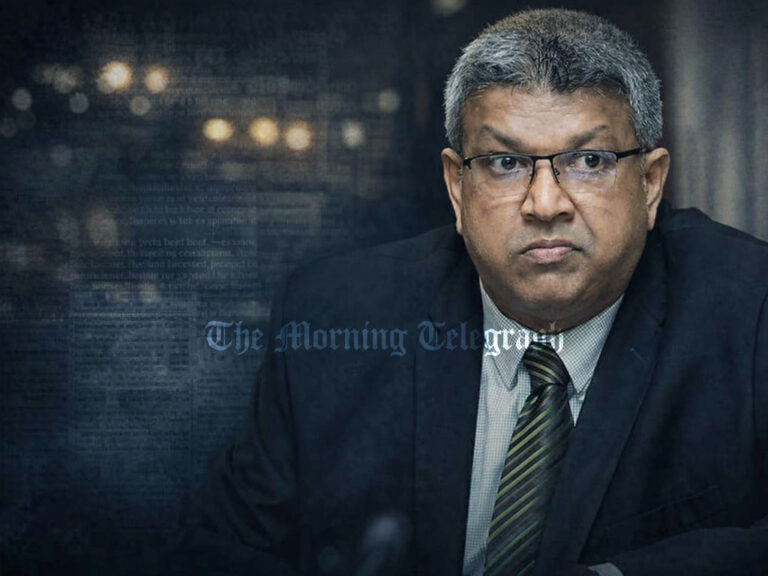
In a sharply worded social media statement, National Freedom Front leader Wimal Weerawansa has accused the President of Sri Lanka of deliberately ignoring the Sinhala and Tamil New Year celebrations at the state level, warning that the move reflects a broader agenda of cultural erasure tied to global liberal ideologies.
Though millions of Sri Lankans celebrated the New Year with traditional customs and joy—despite economic hardship—Weerawansa claims the silence from the country’s leadership wasn’t just an oversight. It was, in his words, a “public pushing back” of a deeply rooted national tradition with a history spanning over 2,500 years.
According to Weerawansa, this cultural neglect is not coincidental, but part of a global pattern. “What I noticed this time,” he wrote, “was a coordinated effort on social media to ridicule or delegitimize the meaning of the Sinhala and Tamil New Year.” He pointed out how some online voices questioned the uniqueness or relevance of the festival—calling it outdated, overly nationalistic, or simply irrelevant in a modern world.
But Weerawansa sees a more sinister undercurrent behind such views.
Referencing American political philosopher Francis Fukuyama’s famous “End of History” thesis, he argued that liberal economic ideology inherently demands the dissolution of diverse cultural identities in favor of a unified, consumer-driven global order. “For that to happen,” he explained, “cultural barriers—like the Sinhala New Year—must be dismantled.”
In this view, food like kiribath, kevum, and halapa are not just local delicacies—they are cultural resistance. In contrast, celebrations like December 31st (Western New Year) align more easily with global market trends, which is why, according to him, they are embraced even by critics who scorn their own traditions.
Weerawansa believes that the absence of official acknowledgment of the New Year festivities signals more than indifference—it reflects alignment with Western cultural homogenization. He warns that in a world increasingly driven by liberal consumerism, leaders of sovereign nations should promote—not avoid—native cultural celebrations, to preserve the social glue that binds their people.
Citing examples from other nations that have resisted cultural erosion, he concluded that true leadership involves protecting and promoting one’s heritage, not abandoning it to fit into a global mold.
In closing, Weerawansa called on Sri Lankans to view the New Year not just as a festival—but as a cultural frontier worth defending. Whether through kokis or kurakkan roti, tradition, he argues, is not weakness—it is identity. And ignoring it at the highest level is not neutrality—it is betrayal.




